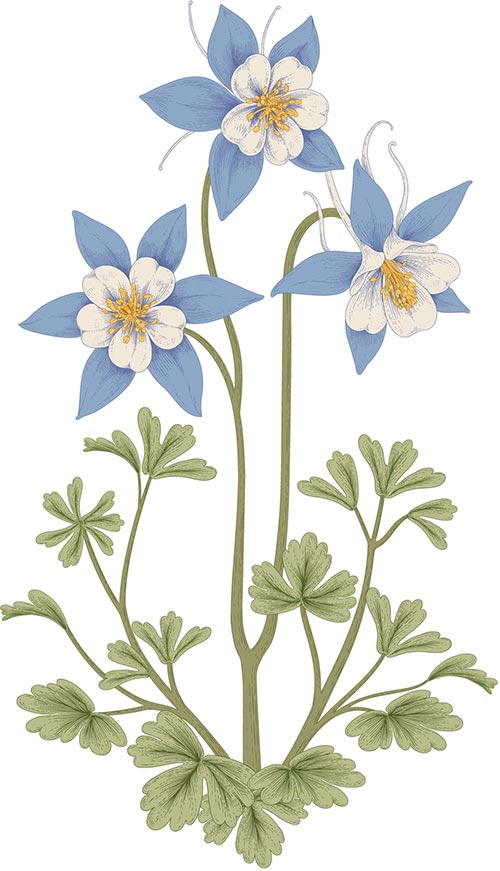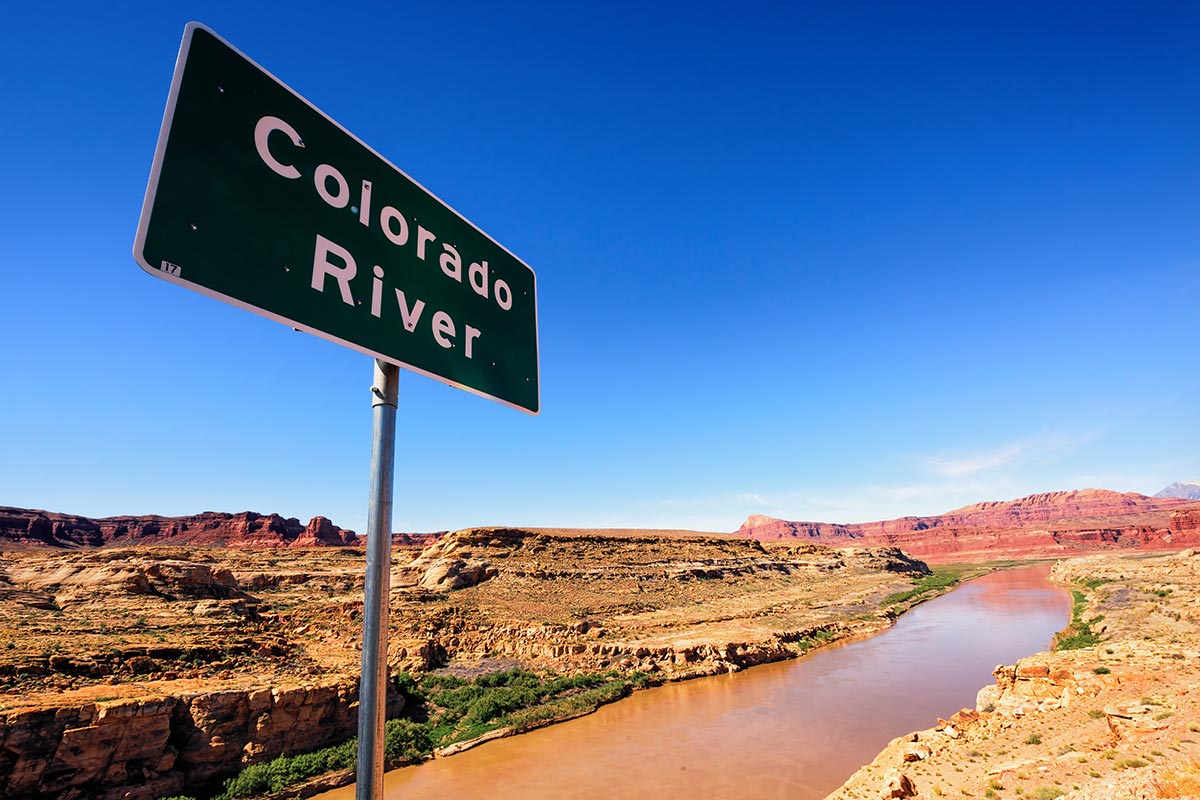
Replace Your Lawn
Restore the Land to its Natural State
Replacing your lawn with drought-tolerant plants that are indigenous to Colorado is a great investment for your pocketbook and the larger ecosystem.
Colorado’s perennials, shrubs, trees and grasses—including cultivars, edible plants for people, and pollinator-friendly plants that promote healthy bee, insect and bird populations—are at once beautiful and more in tune with the natural landscape and its resources.
Indigenous Colorado plants have several key benefits over lawns:
- They require little to no water after properly established.*
- They require no pesticides.
- They require no mowing.
- They are heat tolerant.
- They promote soil vitality.
- They attract pollinators that contribute to a healthy local ecosystem.
- They are a native and natural alternative to bluegrass lawns.
* Xeric plants often only require water until established (about 2-3 years) and then need little to no additional water. Therefore, waterwise plants can save between 30-50 gallons of water per square foot annually, compared to bluegrass lawns covering the same area.
Swaths of Kentucky bluegrass and its ilk became the default landscaping choice in 1950s America, when manicured and predictable bluegrass lawns became a middle-class status symbol. Prior to that, most residential landscapes were a diverse mix of local grasses, trees and wildflowers, with a large percentage often devoted to a family’s personal agricultural use. The post-WWII rise of lawns were seen as a symbol of orderly progress. Now we understand the toll they take on water resources and pollinator populations. Indeed, lawns seem increasingly anachronistic in an age with so much stress on natural resources.

A River in Crisis
In 2015, the Colorado River became America’s most endangered river. The twin threats of increased demand due to burgeoning populations in West, and a shrinking supply due to persistent drought, portend a “slow-motion disaster.”
Currently seven Western states are locked in a protracted battle over the river’s water distribution. The two major reservoirs that rely on flows from the Colorado River, Lake Powell and Lake Mead, are at record low levels, and they supply electric power and water to millions of people. Unless the current water-use trajectory is reversed, the entire system could collapse.
About half of all residential water is used on non-native lawns. Furthermore, outdoor water use accounts for 38% of all municipal demand each year, mostly dedicated to landscaping and irrigated grass in public areas.
We must all reshape our thoughts about lawns and landscaping, because our current paradigm is not sustainable. Municipalities and individuals across the West need to take the responsible key step of replacing high-water-use grass with drought-tolerant, indigenous plants. This will increase water security for the region, reduce water bills, help support healthy, flowing rivers, and create bee and bird habitat.
Contact Matrix Gardens today for a free lawn replacement consultation.
